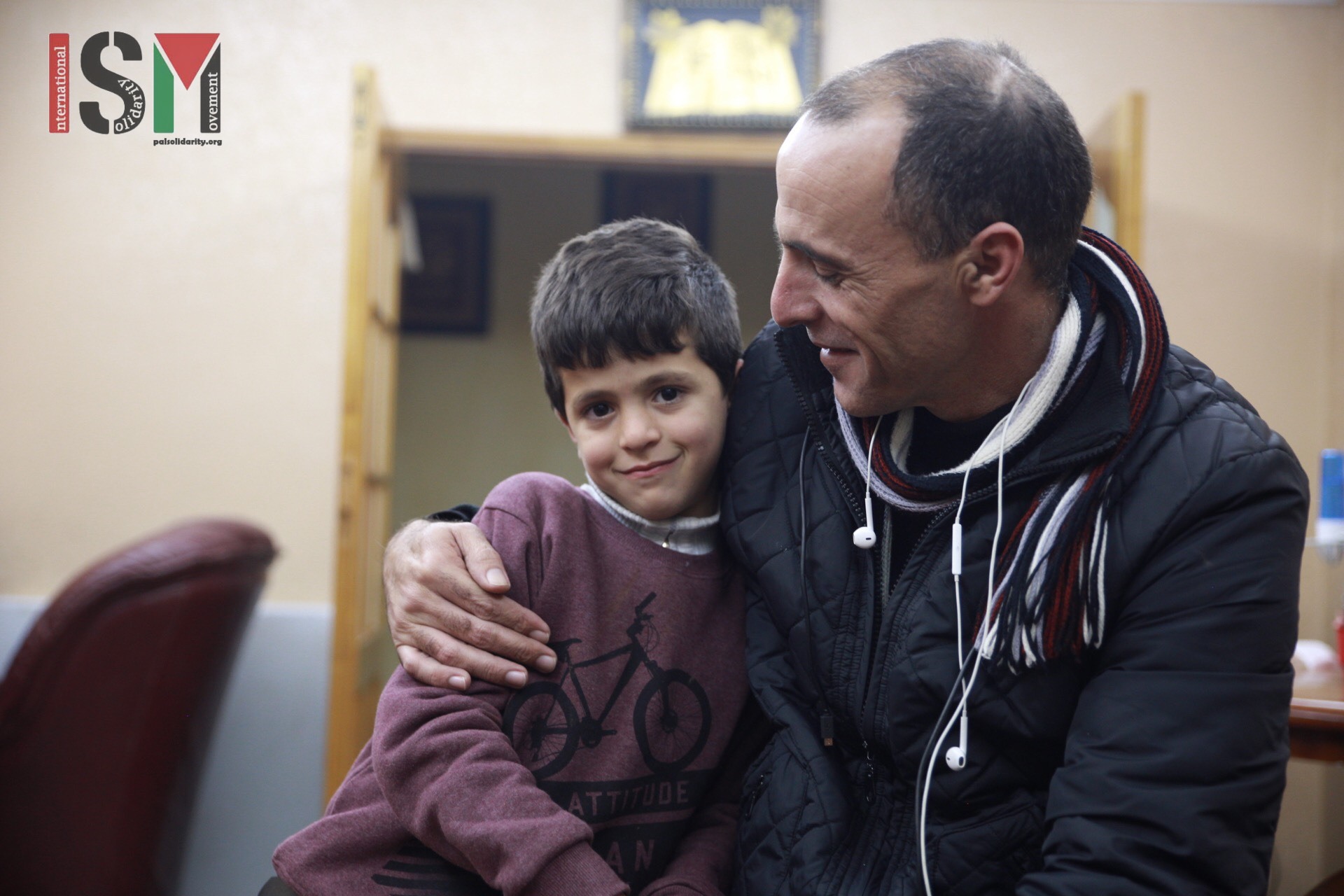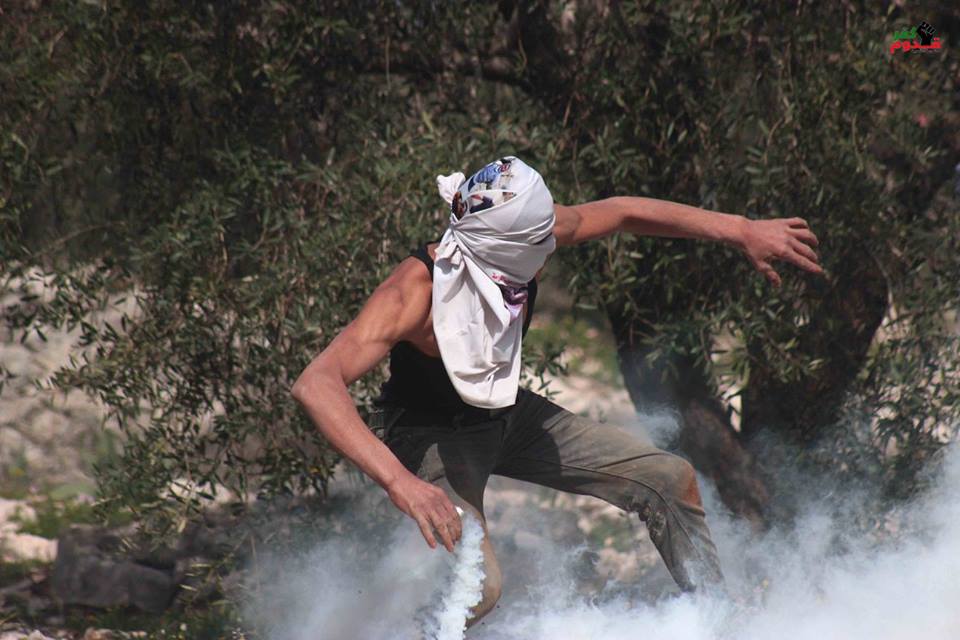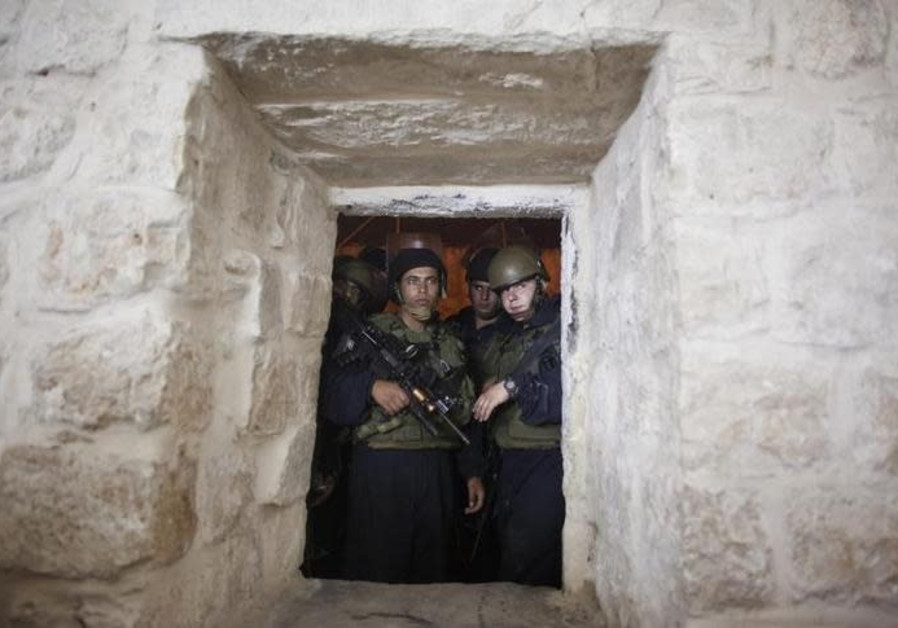Tag: Nablus
-
Children traumatised when Israeli soldiers raid schools
12th February 2018 | International Solidarity Movement, Ramallah team | Occupied Palestine This Sunday, 6 Israeli military jeeps with soldiers entered the village of Hares, southwest of Nablus, in order to raid three schools filled with kids of all ages. Around 10 AM about 20 Israeli soldiers tried to enter the school yards of…
-
Protest marks 30 years since intifada settler murder
10th February 2018 | International Solidarity Movement, Ramallah team | Occupied Palestine Yesterday in Kfar Qaddum Israeli armed forces fired live ammunition at peaceful protesters, luckily without injuries. The 8th of February marked 30 years since Kfar Qaddum’s first march during the Intifada, when villager Abed al Baset Jumal was murdered by masked settlers. Locals…
-
Upcoming Settler Tour in Nablus Set to Spark Tensions
Shavei Shomron, an illegal Israeli settlement located to the west of Nablus in the West Bank has advertised a tour of Nablus old city, Tel Balata and Joseph’s Well on the coming Tuesday evening – the 30th of January. According to the advert, the event will start with a meeting in the illegal settlement, before…



